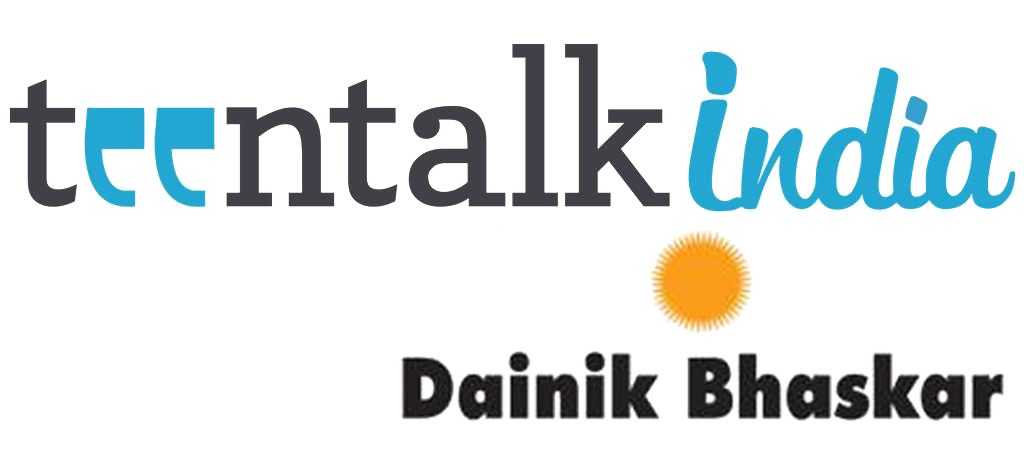In a world where everyone wants to build a successful career, people forget the very first step to achieve, i.e. career guidance
Career guidance is a big gap in today’s world. There are always newer and better options coming up besides medical, engineering and MBA. Options include many professionals with a great variety of competencies required for example media, even publishing! Meeting the experts personally or over the internet for counseling as well as contact with actual practitioners in the fields of interest may help identify professional career paths for us.
Career can be described as a set of experiences including education that permits you to use your abilities for your own benefit. Choice of your career is clearly among your most important life decisions. The job you chose will not only be responsible for the sense of satisfaction in life but also your standard of living and financial security.
Although early career choices may be of added help, most people retain, expand and go into major areas during their twenties, thirties or even forties. Some may even begin new careers after they have retired. The best way to avoid being trapped in an unsuitable career is to consider the following steps:
Analyze your situation
Majorly, your career choice will depend upon the finances available to you. Quality education requires some investment of money. The selection of good institutions as specialized centers for the courses of your favoured choice is important. To maximize your potential, you may need to equip yourself with additional skills. Like getting computer education or learning a new language in case you are thinking of going abroad for professional training or learning. The good part is, you can offset a lack of finances by taking education loans from banks.
Assess your abilities
The easiest way to determine your strengths and weaknesses is to recall your successes and failures. If you did well in biology but struggled through English then you might be having more scientific skills than language skills. However, your success in school subjects is majorly influenced by your teachers and peers too. So, try to recall abilities that friends and teachers noticed and praised or encouraged you for the same. If people consistently agree with your positive and negative qualities, they probably are reliable assessments.
Determine your values and interests
It is important that you notice what your interests and values are before planning a career. Would you like to work in big companies or small companies, would you be comfortable in working in structured job or you would like to organize things on your own, what kind of salary and position are you looking for, do you want a job that lets you focus on your family life too or you are interested in being a full time professional? These and other such questions need to be answered to get a clearer view of your career plan.
Analyze various realistic options
One of the major concern in rating a possible occupation is the opportunity. Looking at the current scenario, there are plenty of jobs that can be eliminated in the future because of the expansion in technology. Once you are sure that a job will last for the years to come, you would need to learn about its requirements and skills to be learned. You can speak to the people who are already in that job and ask them a basic question, “what is your regular daily schedule?” and you can get a vague idea of what it’s like.
Be aware of the field you are interested in and spend some time observing the work. What seems to be an exciting and glamorous job as of now might be dull and boring in reality.

